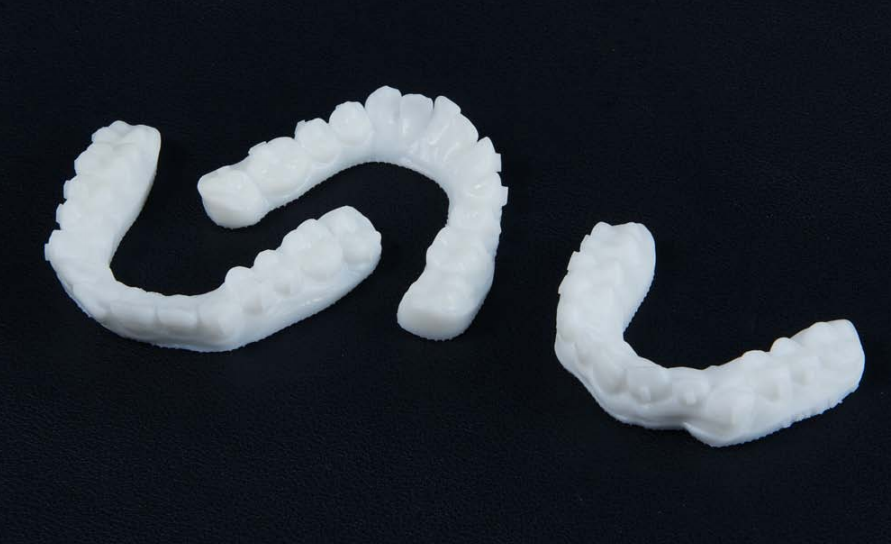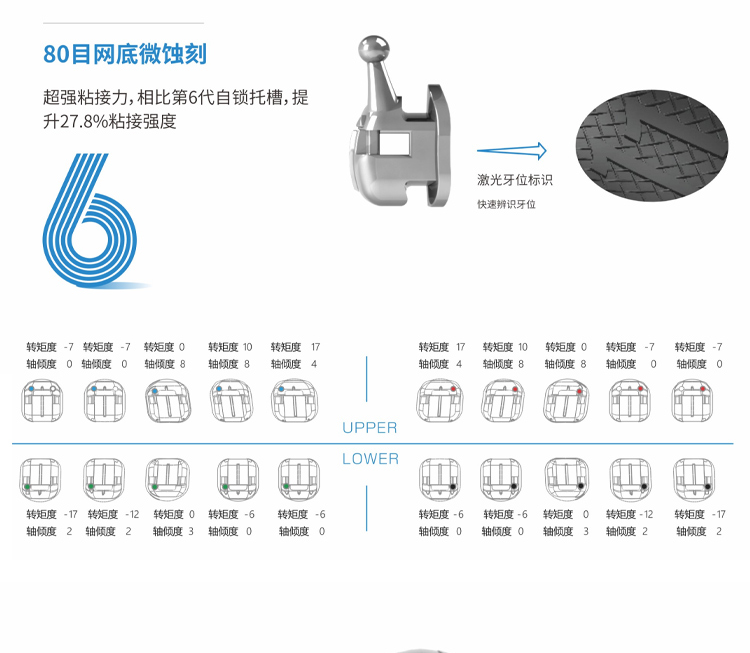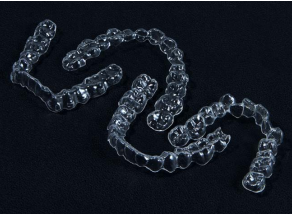פרוסתיקה פנים-שינית
פרוסתטיקה פלסטית שיניים היא תחום מתמחה בodontologia שמטרתה שיקום של מטופלים עם מומים פנים שנגרמו כתוצאה מטראומה, ניתוחי סרטן או מומים מולדים. תחום זה משלב כישרון אומנותי עם מומחיות רפואית ליצירת מכשירים פרוסתטיים מותאמים אישית שמשחזרים הן את התפקוד והן את המראה האסתטי של הפנים והחלה הפקעת. בעזרת חומרים מתקדמים וטכנולוגיות הדמיה דيجיטלית, יוצרים פרוסתטיקה מדויקים המשלבים באופן חלק עם תכונות הטבעיות של המטופל. פתרונות פרוסתטיים אלה כוללים טווח רחב של יישומים, החל מפרוסתטיקה עינית ואפית ועד מכשירים אינטראורליים מורכבים שמשחזרים את היכולת לדבר ולבלוע. הפרוסתטיקה הפלסטית המודרנית משתמשת בחומרים מתקדמים כמו סיליקון רפואי וטיטניום, מה שמ гаранти את הקיימות והתאמה ביולוגית. התחום כולל גם הדפסה תלת-ממדית וטכנולוגיית CAD/CAM לעיצוב ותהליך ייצור מדויק, מה שמוביל לפרוסתטיקה שמשמרת סימטריה פנים ואת המראה הטבעי, תוך כדי שהיא מספקת תמיכה תפקודית חיונית ליומיום.


